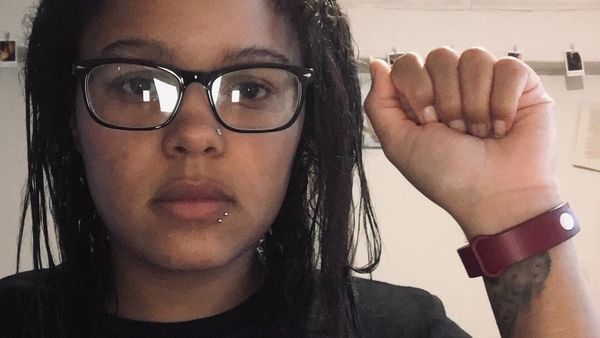I've been thinking a lot about the recent tragedies in America. I've been in Florida for the last two months with my school on Summer Beach Project, a college ministry mission. In these last months we've seen mass shootings, unarmed black men killed at the hands of the police, police being killed while protecting their communities. There's a million other things that have occurred recently as well.
Among many things, one of the hardest things to cope with during these times is the response by so many people. There's been arguments, rebuttals, indifference. There's been more division than dialogue.
Social media is more harmful than helpful during times like this because people blurt opinions without addressing the issues and engaging with each other. We can't even agree that all these things are evil.
There's always a counter argument. Before we can implement strategy, before we can revise and restructure the justice system, before we can change anything, we have to talk and listen. It's only through discussion that we receive understanding, and through understanding we can empathize, and through empathizing we can be on one accord and share ideas that will make our communities better.
Martin Luther King said "In any nonviolent campaign there are four basic steps: collection of the facts to determine whether injustices exist; negotiation; self-purification; and direct action."
One of the greatest leaders in the history of the world had a plan of progression and this process required communication. It didn't happen without King's persistence and willingness to voice the injustices, not only with the oppressed, but also with the oppressor and the indifferent.
As a black man, I feel as if some people would rather be heard than to listen to me when these issues arise. There's no real change until there is genuine communication. We all would do well to adhere to one of the most powerful verses in scripture that deals with relationships: Be quick to hear, slow to speak and slow to get angry (James 1:19).





















